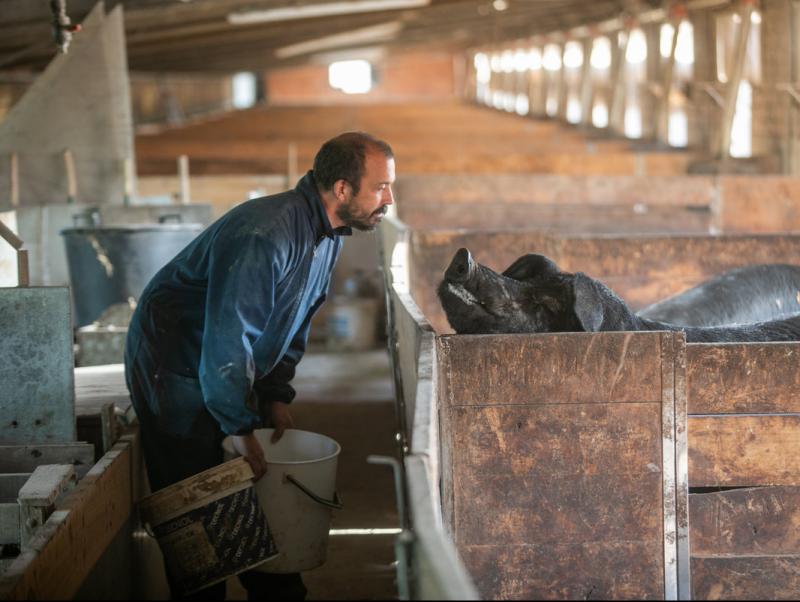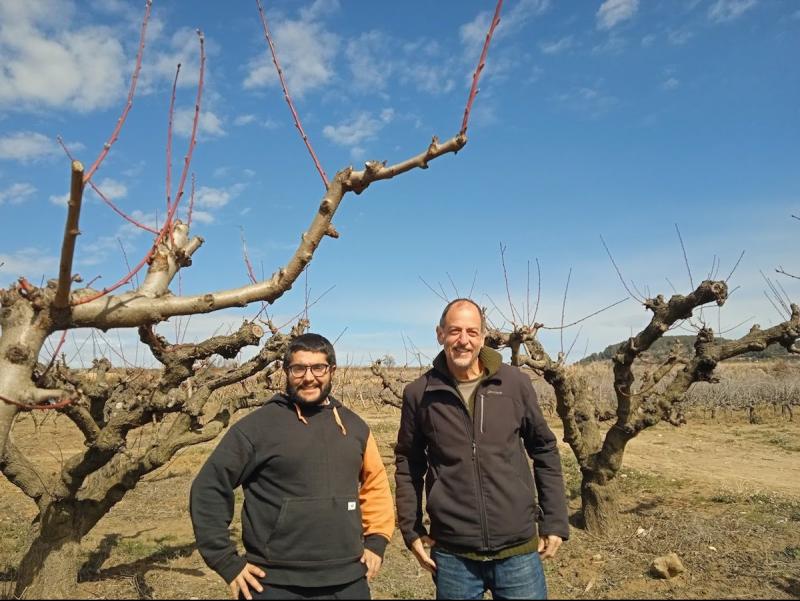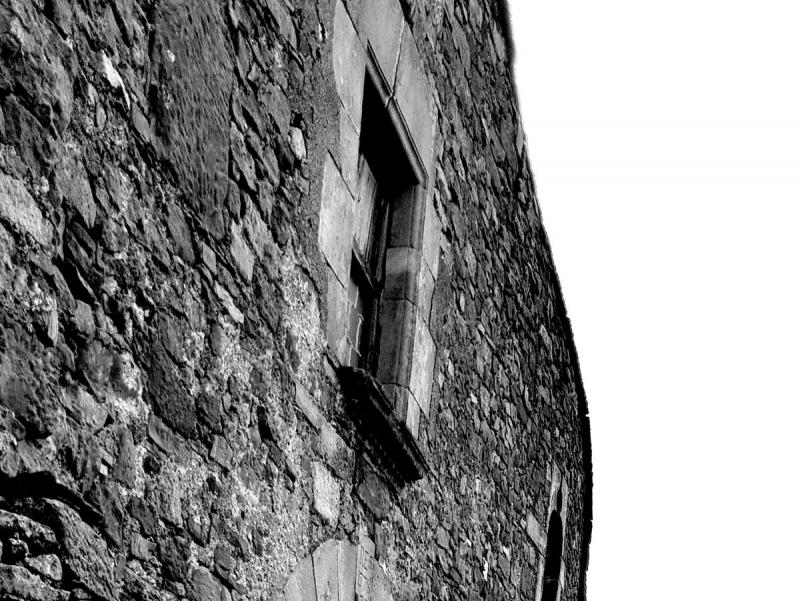from the editor
A new life model
Giving up city life to become a farmer used to be a romantic idealisation that aroused curiosity and a certain interest, but was still seen as an extravagance. However, things have changed a lot lately, and today more and more urbanites consider starting a new life as farmers, living off the land and livestock in the countryside. If a few years ago the “neorural” movement was an echo of the “hippy” movement, what is happening today is not a fad, but the result of reflection by the generations most threatened by the failure of cities as sustainable life models in a world threatened by climate change. Life is not returning to what it was and as our society builds a lot of “new normals”, moving from the city to the countryside may be one of them. It is not a return to the land to live a bucolic life, but a change of life to survive according to a more realistic life model: less consumerism, less globalisation, less pollution, less stress, and a new concept of “wealth” and “quality of life”, which is not that exported by business schools. More and more families are willing to undertake this life project away from what cities represent today, and go to live in a small village or town. Technology also provides many services that were inaccessible in the rural world until a couple of decades ago. The concept of “living well”, under the new paradigms imposed by the climate crisis, is no longer a synonym of opulence and material possessions, but of having healthy food for the body and the planet, breathing cleaner air, working not to produce more and get richer every day but to have a balanced and happy life, to give children a future in a world of permanent changes and crises. This has nothing to do with anything bucolic, but it is rather quite rational. It is a change that is taking place in some European countries, and more and more in Catalonia, with a generation of young entrepreneurs choosing the rural world, not based on large farms, but on the recovery of crops, on restaurateurs and the general public valuing local products, and on the high quality and social responsibility of working the land without destroying it.




